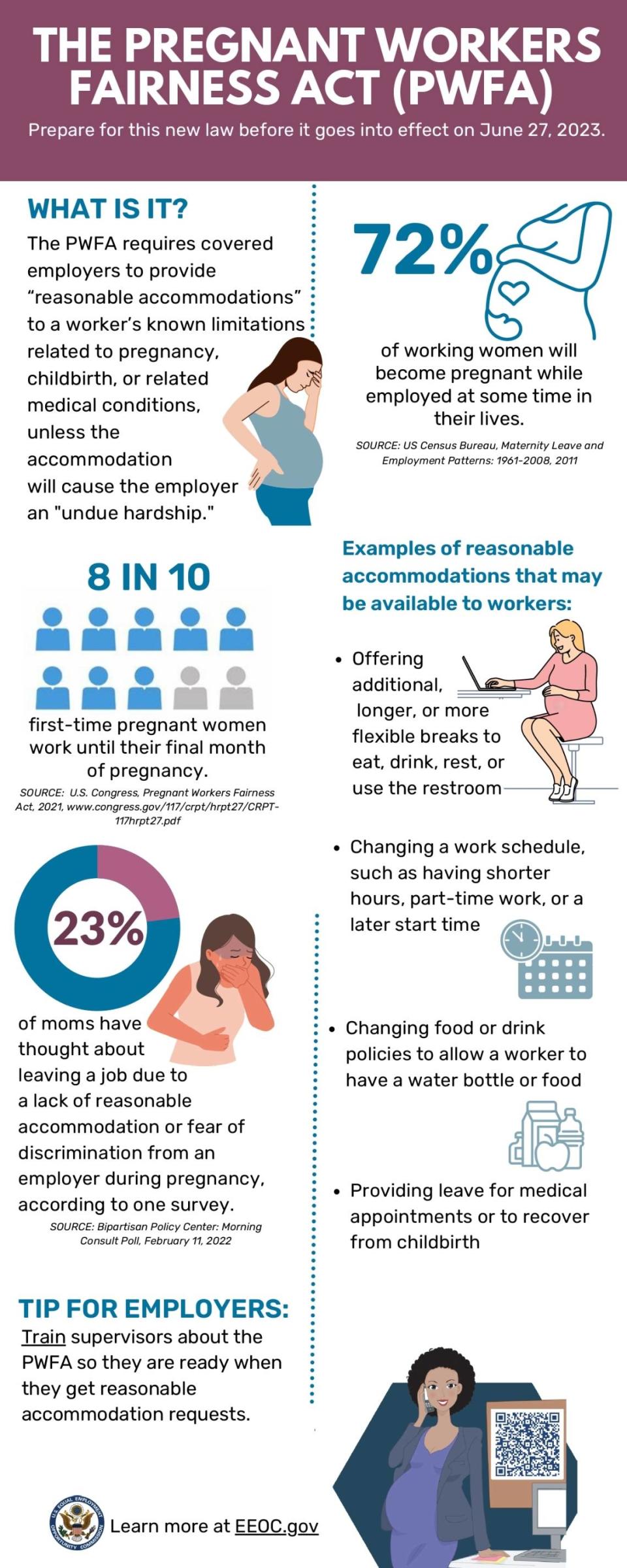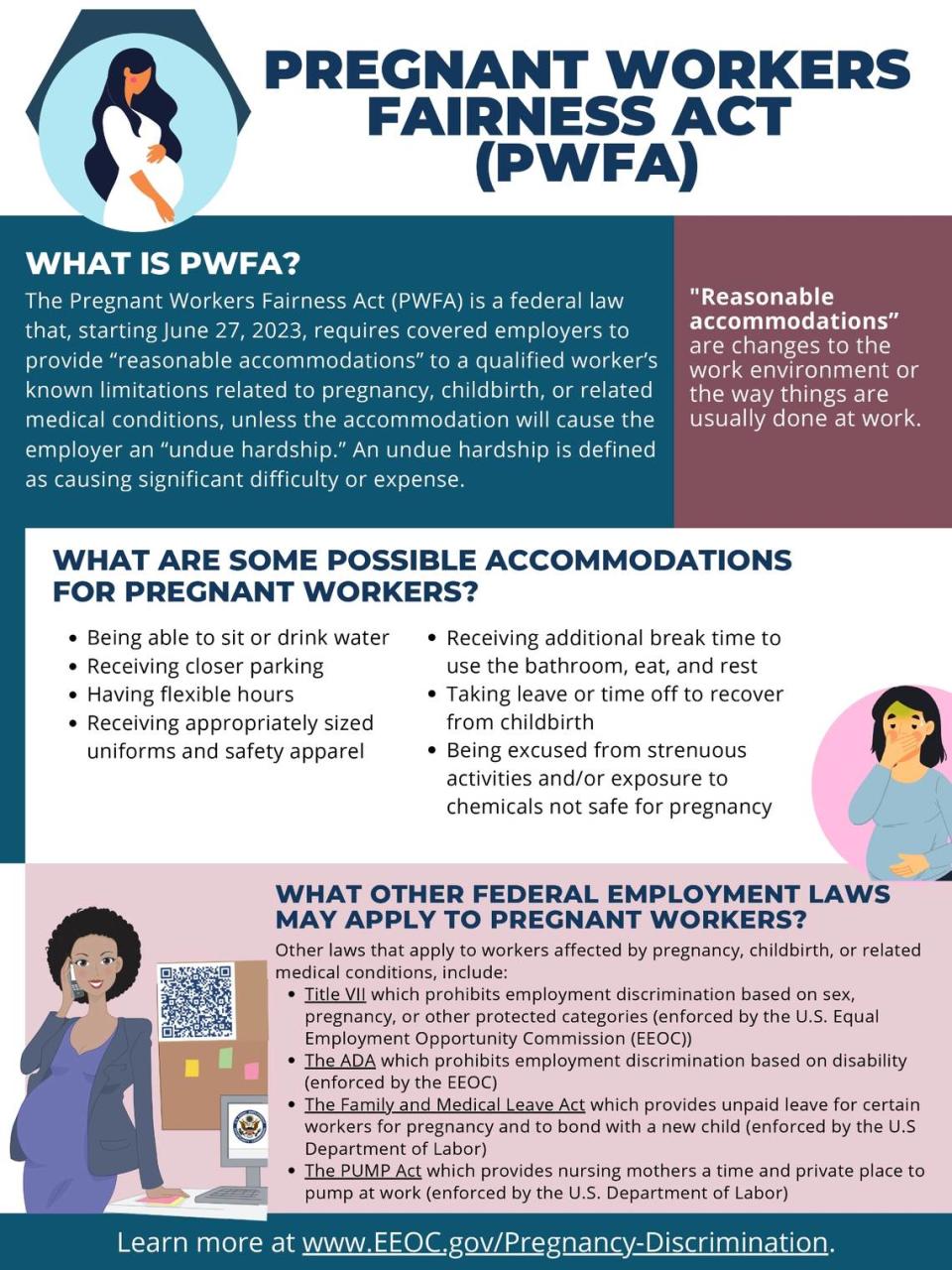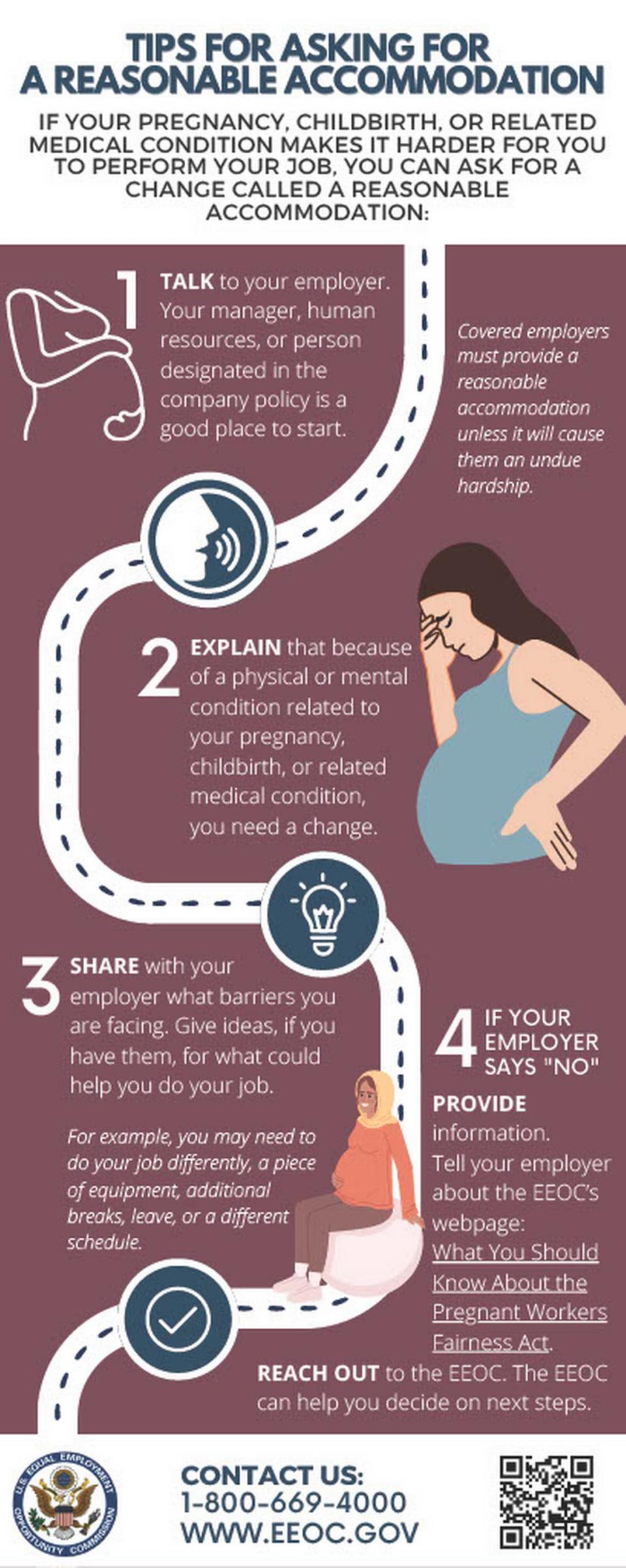Filing a harassment report against an employer in WA state? Here’s how and when you can
Employees in Washington state who feel abused or harassed at work do not have to struggle alone. In fact, they have the legal right to make a formal complaint or an informal query through various federal and state government entities. Many people may not be familiar with the process of calling out a problematic employer, or the numerous options available to guide them through the process.
Numerous state laws and federal laws also protect employees from abuses at work, including the Fair Labor Standards Act, the Family and Medical Leave Act and others.
Knowing which law protects you is helpful when making a complaint or query. It’s best to document as much as possible related to the problem, and to reach out for help as soon as possible — there are different deadlines for different violations. Here’s what to know.
Workplace help in WA
More than 4 million people are employed in Washington State in some type of job in the civilian workforce. The state is also home to some of the largest military installations in the country, employing over 55,000 workers.
Within Washington state, under the state’s Wage Payment Act, residents can reach out for help to the Worker Rights Complaints division at the state’s Department of Labor and Industries.
Workers can also reach out to the state’s Human Rights Commission, which helps residents with employment, housing and real estate issues, as well as problems with public accommodation, credit and insurance.
Federal help for workers
At the federal level, the U.S. Equal Employment Opportunity Commission (EEOC) responds to work discrimination claims, with a field office in Seattle that covers Washington, Oregon, Montana, Alaska and Idaho.
The EEOC enforces the Americans with Disabilities Act, the Age Discrimination in Employment Act, the Genetic Information Nondiscrimination Act, the Equal Pay Act and Title VII of the Civil Rights Act. A recent addition to the list is the Pregnant Workers Fairness Act, which went into effect in summer 2023.

For each of these laws, except the Equal Pay Act, a charge must be filed with the EEOC before a private lawsuit can be filed. They protect employees from discrimination regarding:
Race
Color
Religion
Sex (including pregnancy, gender identity and sexual orientation)
National origin
Ages 40+
Disability or genetic information
Opposition of a prohibited practice or participating in an equal employment opportunity matter
Pregnant Workers Fairness Act is now law
While federal law protects pregnant people from workplace discrimination, further protections have recently been enshrined in law as well. The Pregnant Workers Fairness Act was passed in June 2023 and went into effect in July. The PWFA requires reasonable accommodations for pregnant employees.
According to the U.S. Census Bureau, 72% of working women will become pregnant while employed. Eight in 10 first-time pregnant women work through the last month of their pregnancy. It’s an unavoidable element of the working population that there will be pregnancies in the workplace, especially given that women make up 47% of the work force, according to 2021 data from the Bureau of Labor Statistics.

People will get pregnant, and guidelines need to be in place for their protection and accommodation. It’s also why there are minimum expectations for parental leave. It is worth clarifying that data and legislation both use gendered language regarding the PWFA, but pregnancy does not impact solely women. Nonbinary, transgender and gender queer folks can also get pregnant and are protected by law as well.
The PWFA requires employers to:
Make reasonable accommodations for pregnant employees
Make reasonable accommodations for those recovering from childbirth and any related medical conditions.
Allow parents to continue to work comfortably for as long as possible.

These accommodations are also now the law of the land, meaning violations are considered workplace abuse that can be reported under federal law.
Accommodations must be discussed between worker and employer and agreed upon before being put in place. Employers are not allowed to force pregnant employees to take leave in order to avoid accommodation.
They also cannot retaliate against any employees who recognize these rights, or deny a potential employee a job opportunity because of a need for accommodations.
WA protections from workplace sexual harassment
The Revised Code of Washington outlines a legal right for employees to sue employers over sexual harassment, hostile work environments and disparate treatment based on gender. Lawsuits can be filed in state court, through the Washington State Human Rights Commission or through EEOC.
According to the EEOC, a disproportionate amount of sexual harassment reports are filed by women, at nearly 80%. Women filed around 62% of harassment charges overall.
What should I do if I feel I am being harassed at work?
Make it clear the behavior is not welcome.
Document any incidents in writing with the date.
Report it to management or human resources.
Consult with a lawyer, legal organization, the EEOC or the WA State Human Rights Commission.
If necessary, you can file a charge within 180 days of the purported harassment.
How to file a report with the EEOC in WA
If you decide to reach out to the EEOC about workplace discrimination, harassment or abuse, there are some steps you’ll have to follow:
Submit an inquiry through the EEOC Public Portal. Answer a few questions about your claim. This is not the same as filing a charge, it is a preliminary assessment to see if the EEOC can address your issue.
Schedule an interview with the EEOC, in-person or over the phone. This will be a confidential conversation about your claim, discussion of your rights under EEOC-enforced law, the investigative process and next steps.
Decide whether or not you’ll file a discrimination charge. Costs would not be out-of-pocket, as these resources are taxpayer-funded.

